History is filled with all sorts of uncomfortable horrors. Topics like civil wars, genocide, and slavery have plagued humanity since the beginning of time, and it’s important to teach successive generations about the world’s most despicable moments so they might never be forgotten or repeated. But while it’s crucial to impart this knowledge onto others, explaining things like racism and colonialism to young children can be extremely hard. One Canadian publisher isn’t even really trying.
In “Complete Canadian Curriculum 3,” a workbook produced by the Popular Book Company Canada, publishers attempted to explain the fate of the country’s First Nations people to third-graders by whitewashing the hell out of the role European settlers and the Canadian government played in their disenfranchisement.
[quote position="left" is_quote="true"]Genocidal acts included the forced sterilization of indigenous women and little girls.[/quote]
One section of the supplemental text, which is sold at stores throughout the country, describes the theft of indigenous peoples’ lands by colonizers in extremely gentle terms. “When the European settlers arrived, they needed land to live on,” the book says. “The First Nations peoples agreed to move to different areas to make room for the new settlements."
In another section, the book states, “The First Nations peoples moved to areas called reserves, where they could live undisturbed by the hustle and bustle of the settlers."
Of course, the truth is far worse. Like their neighbors to the south, Canada’s treatment of its native population can, at best, be described as heinous. Contrary to the workbook’s assertion that First Nations people relocated to reserves so they could live “undisturbed by the hustle and bustle” of colonizers, the government actually built the reserves to impose “a sedentary lifestyle on previously semi-nomadic peoples” in a bid to assimilate them into colonial European culture that focused on Christianity, farming, and structured education. When that didn’t work, the government passed the Gradual Civilization Act of 1857 and the Indian Act of 1876, which instituted penalties for those who did not assimilate into “Canadian culture.”
While forced assimilation is bad enough, Canada didn’t stop there. As Pamela Palmater explained in NowToronto:
“‘Indian policy’ was based on acquiring Indigenous lands and resources and reducing financial obligations to Indigenous peoples. The primary methodology was either assimilation or elimination. These acts included confining Indigenous peoples to tiny reserves and forbidding them to hunt, fish or provide for their families, forcing them to live on unhealthy and insufficient rations that caused ill health and starvation.
It didn’t stop there. Other genocidal acts included the forced sterilization of Indigenous women and little girls and the mass theft from families of Indigenous children, many of whom were physically and sexually assaulted, experimented on, tortured and starved at residential schools — leading to the deaths of thousands.
This is how Canada cleared the land for farms, mining, oil extraction and development. It simply would not be the wealthy country it is, one of the best countries in the world to live and raise a family, were it not for the removal of Indigenous peoples from the source of Canada's wealth.”
Canada’s relationship with its First Nations people remains complicated, so it was no surprise the workbook caused quite a stir. Facebook user Destiny Samaroo posted images from the book and argued that sanitizing history contributes to ignorance. “This is why the MAJORITY of people are so clueless when [it] comes to the reality of the suffering, oppression and INJUSTICE that First Nations (Aboriginal) Peoples have been subjected to for DECADES!” she wrote. Many agreed with Samaroo’s point, sharing her initial post nearly 4,000 times.
Indigo, one of the nation’s biggest booksellers, pulled the text from its shelves and vowed not to sell it “until appropriate edits have been made.” The publisher, Popular Book Company Canada, issued a statement on its Facebook page promising to edit the workbook.
“We know that our Complete Canadian Curriculum Grade 3 does not provide an accurate depiction of the interaction between Canada’s First Nations and European settlers,” the company wrote. “While we cannot undo what has already been published, we are committed to making things better for future editions.”
This isn’t the first time a publisher has come under fire for whitewashing history. Lawmakers in Texas were roundly criticized when they adopted new social studies textbooks that downplayed the role of slavery in the Civil War and cited Moses as a big inspiration for the Constitution.
On Oct. 6, 2017, the Popular Book Company Canada issued a longer statement regarding the workbook controversy. Read it below:
“First, I would like to acknowledge that our institution is situated upon traditional territories, including but not limited to those of the Anishinaabe and Haudenosaunee peoples.
To members of the community who have shared their views, we thank you, and we have heard you. We are taking immediate action to start the process of correcting the damage done. Our work is only beginning but I would like to update you on our efforts to date.
We would like to reiterate our apologies to the Indigenous people and communities of Canada, with regards to the historically false content contained in some of our workbooks. We would also like to apologize for any delay in responding to concerns and are working hard to address all inquiries personally.
We would like to acknowledge that this was a failure of ethical and educational standards. It was more than an editorial error. It was a misrepresentation of the brutally violent experiences of Indigenous people in this country. The dissemination of such material in the Canadian educational environment works against the immensely difficult reconciliation efforts undertaken by Indigenous people and communities. We are responsible for the dissemination of the content, and take full responsibility to correct it.
Seeing the pain expressed on social media by members of the Indigenous community has deeply touched us. We hope concerned community members trust that the false text was not fueled by any malicious intent, and we pledge to include Indigenous educators and community members in all future decision-making processes relating to their history. Your words will serve as guidance as we take significant, permanent actions to repair the harm that has been done.
We have enlisted the services of an Indigenous consulting and communications firm to help connect us with Indigenous educators, cultural leaders, and media creators to ensure that all Popular Book Company Canada content is created from a fair, accurate and, most importantly, Indigenous perspective. Members of the media are welcome to inquire further about these efforts, as we wish to demonstrate a sincere commitment to healing.
We are recalling all workbooks with incorrect content from retailers, and are republishing editions that have been researched, written and reviewed by Indigenous educators, historians and communicators.
How to teach parts of Canada’s violent history to children – in this case, children about eight years of age – remains a challenge, and one that sometimes does not form consensus among educators. Since 1994, our mission has been to educate kids in a way that creates genuine understanding and tolerance of all people. We are humbled by response to these missteps, and are ashamed of the pain and harm they have caused.
We again reiterate our apologies to all First Peoples for playing a role in perpetuating ideas that harm the integrity and harmony of all nations co-existing here. We want to continue with an open-ended dialogue to foster a positive and informed environment for the creation of educational texts dealing with Indigenous issues. We encourage community members to reach out to us directly with concerns, suggestions or simply experiences that you would like to share. Send us an email with your suggestions on how to move forward together: ca-info@popularworld.com”















 Visualization of a black holeImage via Canva
Visualization of a black holeImage via Canva

 Speaking in public is still one the most common fears among people.Photo credit: Canva
Speaking in public is still one the most common fears among people.Photo credit: Canva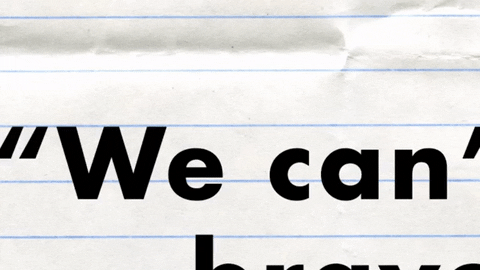 muhammad ali quote GIF by SoulPancake
muhammad ali quote GIF by SoulPancake

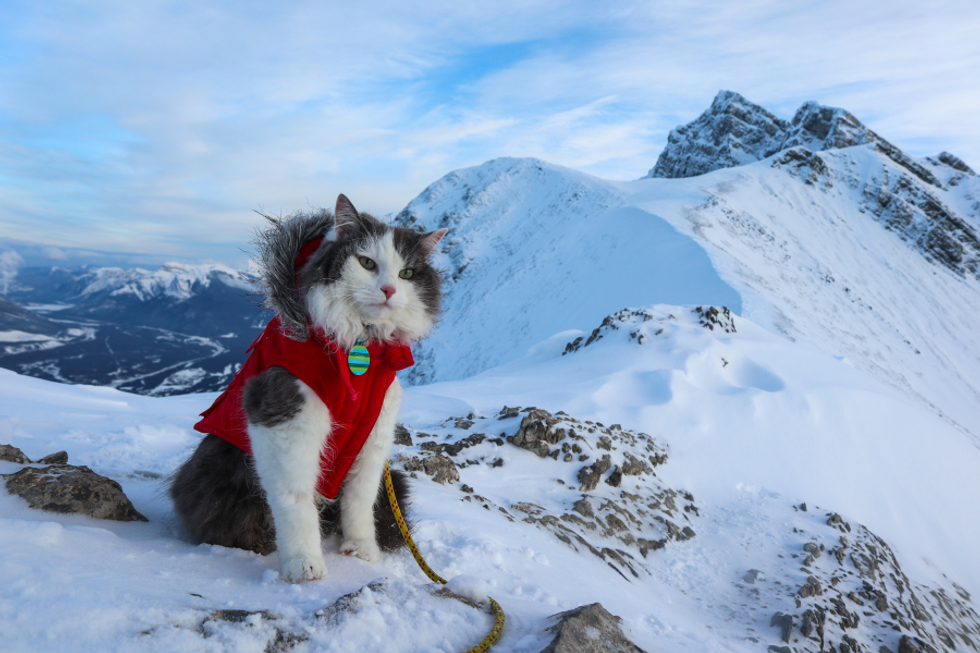 Let us all bow before Gary, the Internet's most adventurous feline. Photo credit: James Eastham
Let us all bow before Gary, the Internet's most adventurous feline. Photo credit: James Eastham Gary the Cat enjoys some paddling. Photo credit: James Eastham
Gary the Cat enjoys some paddling. Photo credit: James Eastham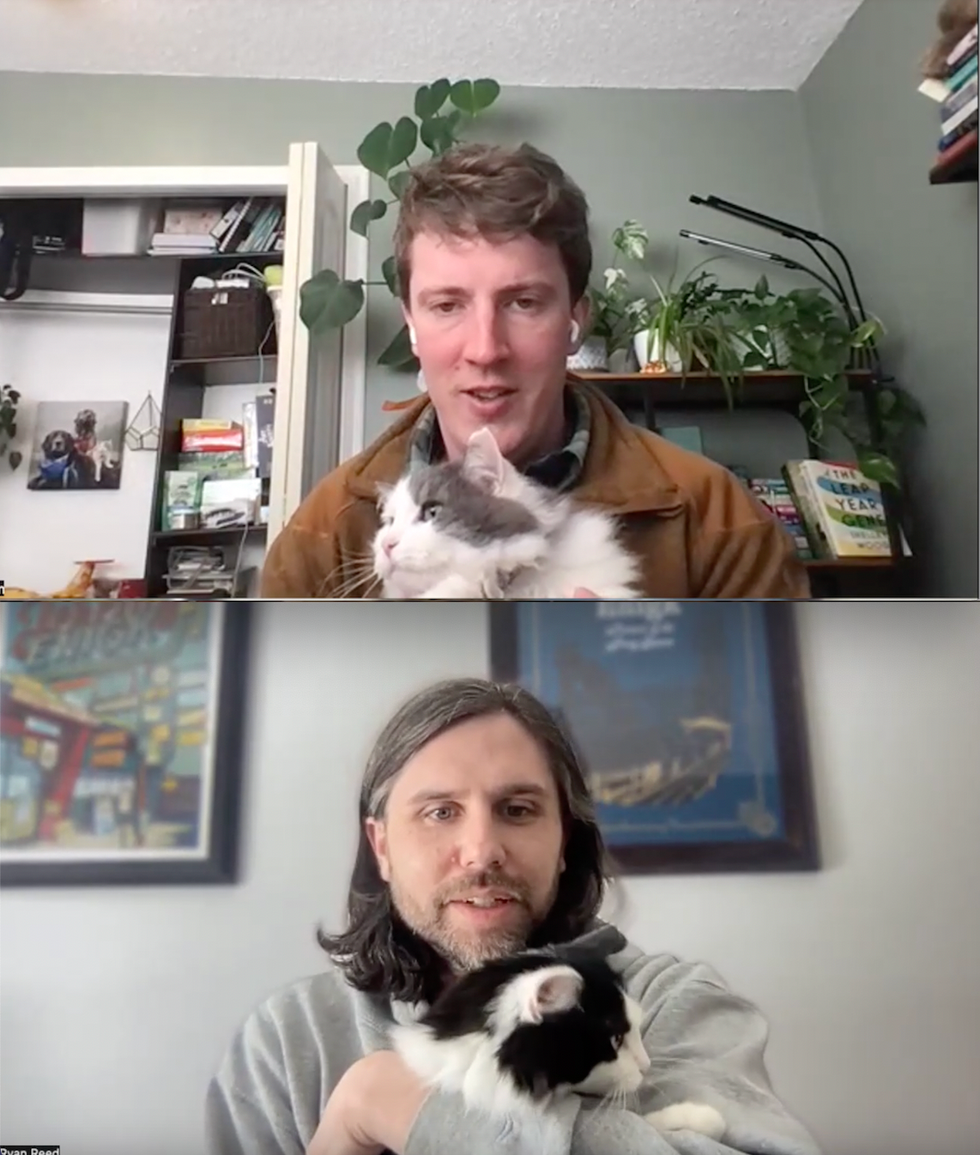 James and Gary chat with Ryan Reed and Tony Photo credit: Ryan Reed
James and Gary chat with Ryan Reed and Tony Photo credit: Ryan Reed


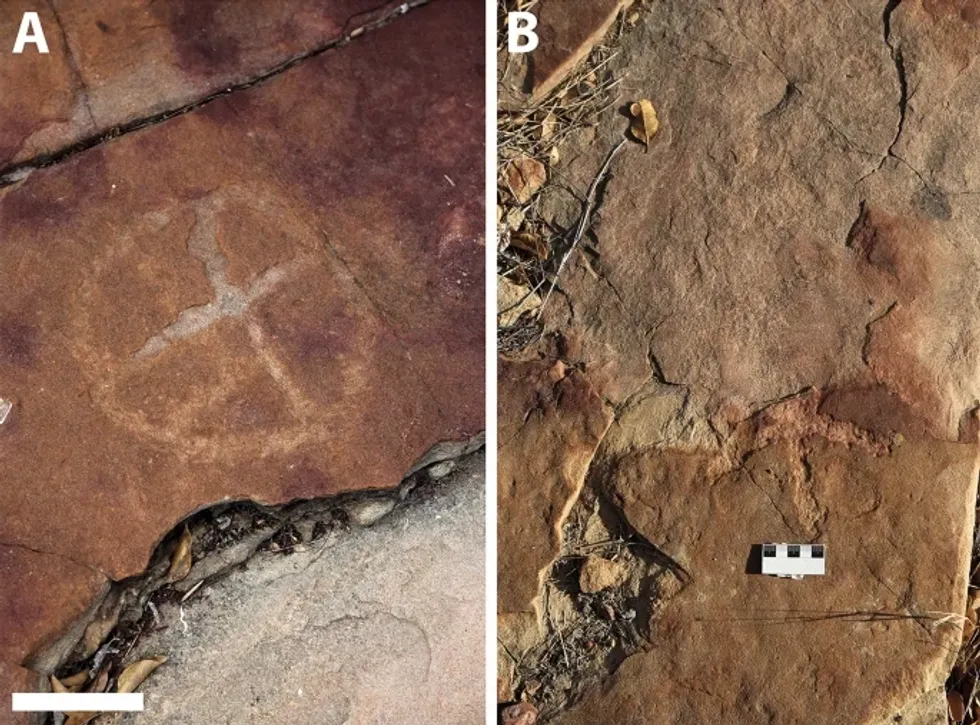 Rock deterioration has damaged some of the inscriptions, but they remain visible. Renan Rodrigues Chandu and Pedro Arcanjo José Feitosa, and the Casa Grande boys
Rock deterioration has damaged some of the inscriptions, but they remain visible. Renan Rodrigues Chandu and Pedro Arcanjo José Feitosa, and the Casa Grande boys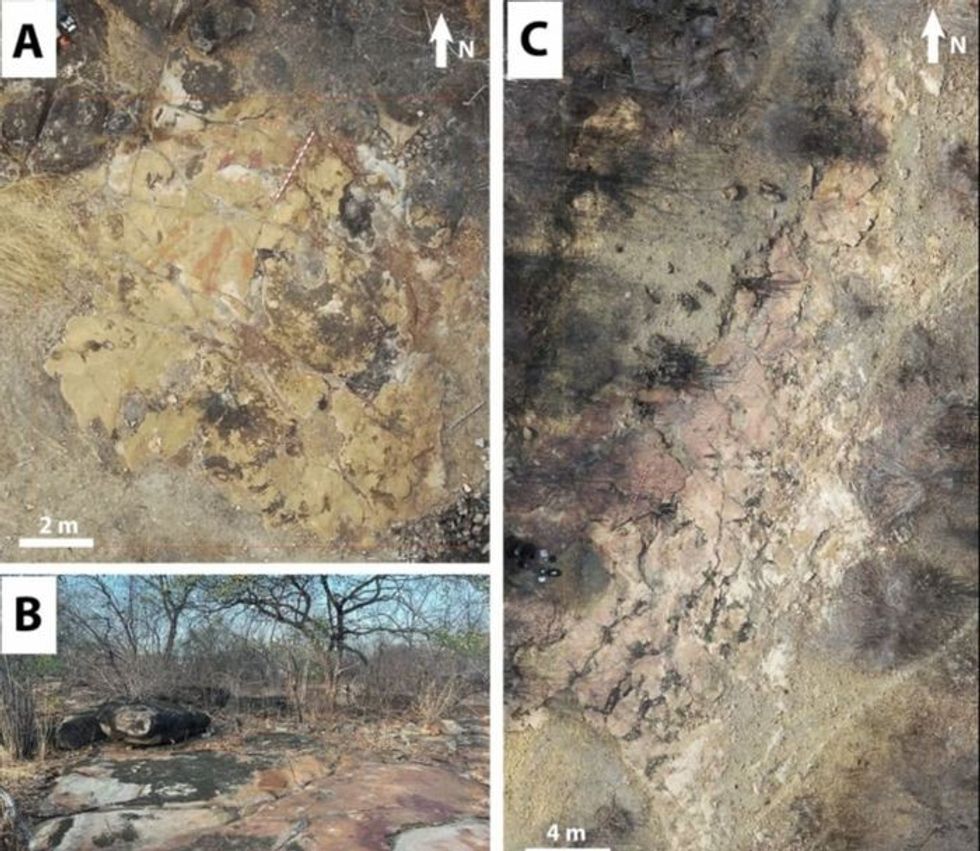 The Serrote do Letreiro site continues to provide rich insights into ancient life.
The Serrote do Letreiro site continues to provide rich insights into ancient life.